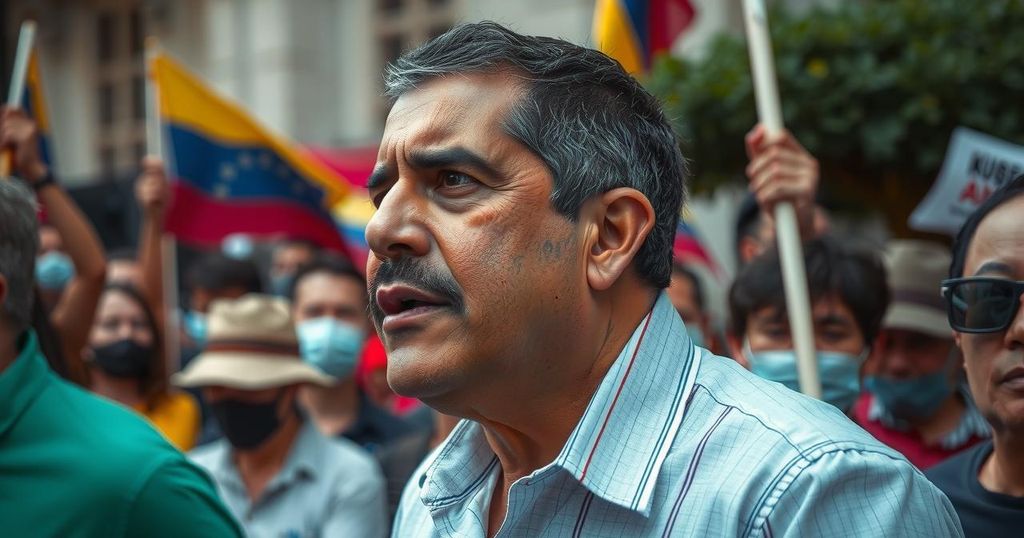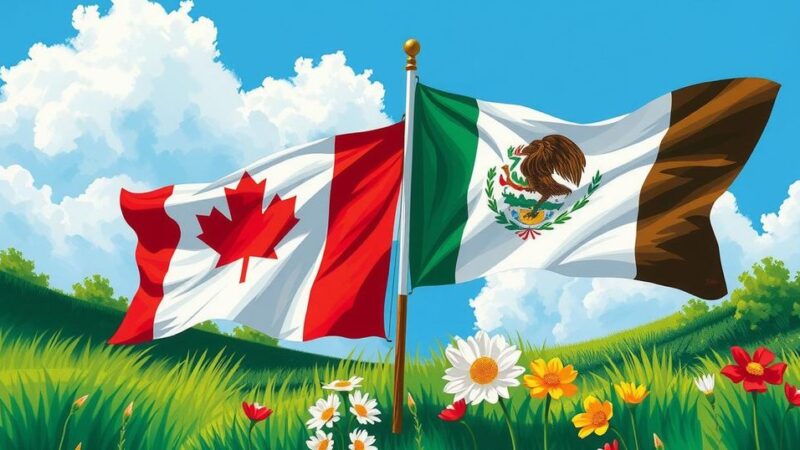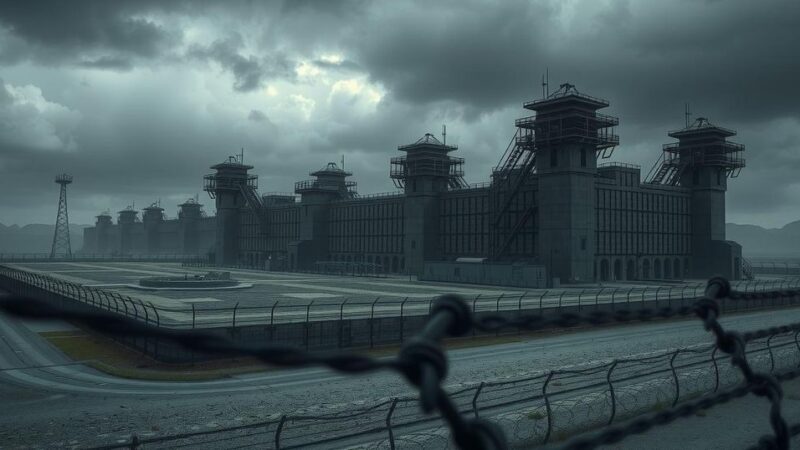Maria Corina Machado, a key opposition leader in Venezuela, led protests in Caracas after months in hiding, facing claims of being briefly detained by security forces. Her appearance highlights ongoing tensions as Maduro prepares for another term despite accusations of electoral fraud. The event has drawn international attention, with calls for her safety amid governmental crackdowns on dissent.
Maria Corina Machado, a prominent Venezuelan opposition leader, made a surprising return to public life by leading a large protest in Caracas, following months of being in hiding. Engaging with thousands of supporters, she addressed them atop a pickup truck, boldly standing up against extensive police presence as she criticized President Nicolás Maduro, who is set to begin another term after a highly disputed election. Reports emerged suggesting that following the protest, Machado was briefly detained by state security forces, though these claims were met with conflicting narratives from government officials. Amid rising tensions and a crackdown on dissent, her re-emergence highlighted both her courage and the precarious state of Venezuela’s opposition movement.
Machado declared, “We are not afraid!” indicating a new phase for the opposition, yet her temporary disappearance sparked outrage domestically and internationally. International figures, including US President-elect Donald Trump, expressed strong condemnation of her reported detention, urging for her safety. The situation remains volatile as protests continue against a backdrop of government repression and accusations, including claims of a foreign conspiracy to destabilize Maduro’s administration.
The context of this article is set against the backdrop of Venezuela’s ongoing political crisis, which has seen immense public dissatisfaction with President Nicolás Maduro and allegations of widespread electoral fraud. Maria Corina Machado, a well-known figure in the struggle for democracy in Venezuela, had largely remained in seclusion following threats to her safety and increased governmental crackdowns on dissent after the July elections that many deemed illegitimate. Her recent public appearance signifies both a resurgence of opposition efforts and the mass mobilization against Maduro’s regime, mirroring decades of authoritarian governance characterized by military backing and suppression of dissent. The increasing tensions within Venezuela are compounded by international implications, particularly involving countries like the United States, which has vowed to advocate for human rights and democracy in the country.
In conclusion, Maria Corina Machado’s return to public life and her role in leading protests against the Maduro regime reflect the ongoing struggle for democracy in Venezuela amid severe repression. Her brief detention highlights the dangers faced by opposition leaders as they challenge the government. The international response to her situation underscores the global implications of Venezuela’s crisis, suggesting a continued focus on the protection of democratic activists. The state of opposition politics, especially as the Maduro government remains entrenched, signals that the fight for political change in Venezuela is far from over.
Original Source: www.kpvi.com






